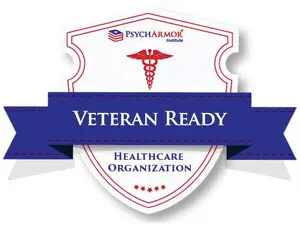More Millennials Are Experimenting With Tobacco Use for First Time
More and more young adults or Millennials are starting to experiment with tobacco products for the first time, which experts worry will lead to a new generation of addicted smokers and e-cigarette users, according to results from a study by The University of Texas Health Science Center at Houston (UTHealth).
“Historically, it used to be that nearly everything started by age 18. That’s no longer the case, as young adults are experimenting with things once more common during high school years. Young adults are starting to act like adolescents,” said Cheryl Perry, PhD, senior author and professor and regional dean at the UTHealth School of Public Health in Austin.
Researchers found that young adults were significantly more likely than youth to both have ever tried and be a current user of cigarettes, cigars, e-cigarettes and hookah. In fact, the rate of onset of cigarette smoking among young adults was more than three times higher than onset among adolescents — 6.3 versus 1.9 percent.
One possible explanation for this new trend is that tobacco company marketing is more explicitly aimed at price-sensitive young adults. But perhaps even more influential is the fact that Millennials are putting off starting a career, getting married and having children, which could create a bigger window for risky behavior, noted the study authors.
“The trend of delayed adolescence is very concerning because young adults are less monitored and more independent, so they are very prone to carrying on smoking and using other associated products, such as e-cigarettes,” Perry said. “If adolescence now extends to age 30, this makes the battle against tobacco much bigger and more complicated.”
Learning Healthy Habits at Seabrook
We offer our young adult clients a variety of wellness programs, including sleep hygiene and stress management, along with our traditional addiction treatment. To learn more about our programs, call today: (888) 223-0298.



